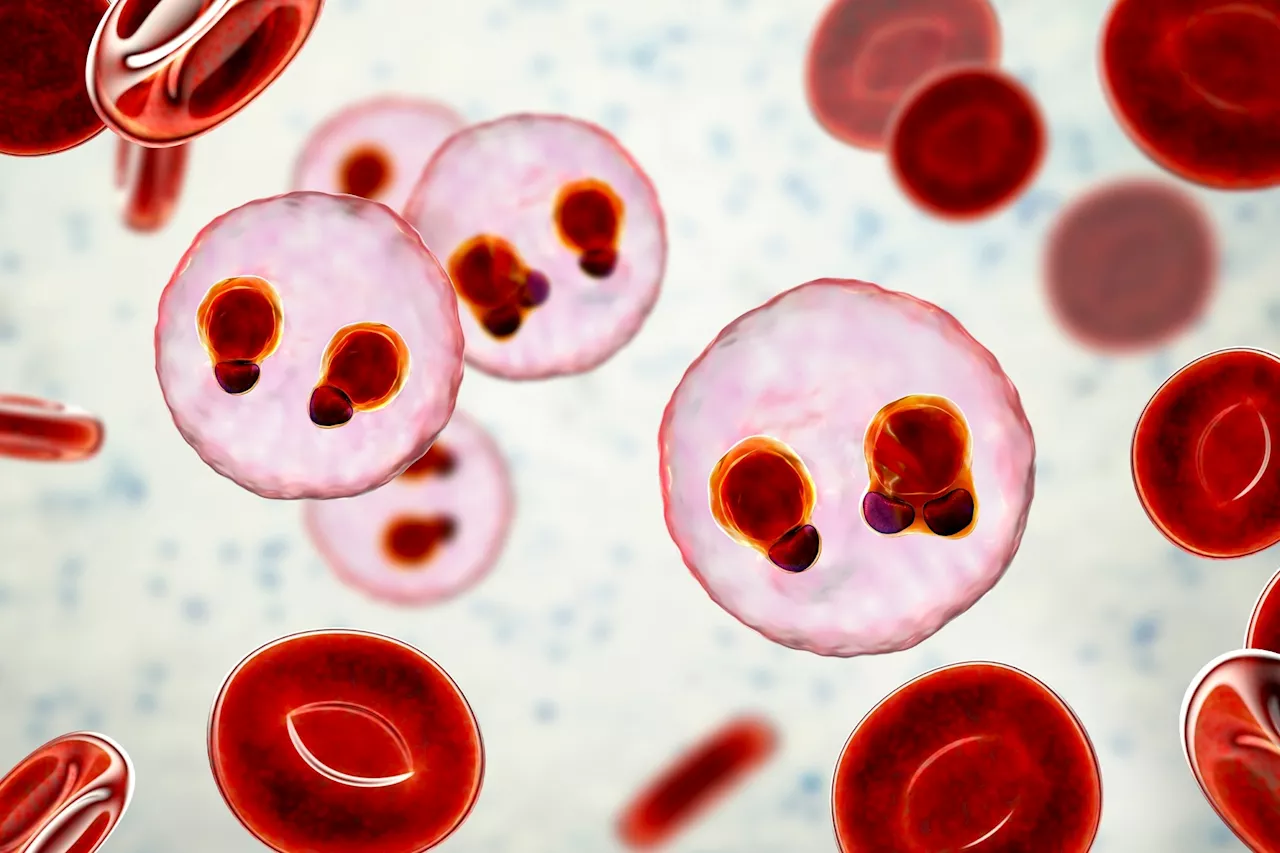Researchers have developed genetically modified fungi that can kill malaria-transmitting mosquitoes through sexual transmission, offering a promising solution to target both indoor and outdoor populations.
By Dr. Chinta SidharthanReviewed by Susha Cheriyedath, M.Sc.Jan 19 2025 Scientists have unveiled a novel mosquito control strategy: genetically engineered fungi that spread through mating. This strategy offers hope for reducing malaria in high-risk regions.
The study explored the transmission efficiency, virulence, and mortality effects of these fungi under semi-field conditions while addressing the challenges in enhancing existing vector control tools. The researchers obtained ethical approvals from the Burkina Faso National Biosecurity Agency and other regulatory bodies, ensuring compliance with biosafety guidelines.
Innovative biological approaches, such as using entomopathogenic fungi, which naturally infect and kill mosquitoes, are being explored extensively in recent research. However, these fungi often show limited efficiency due to low transmission rates. While genetic engineering of the fungi to produce lethal toxins has improved their impact even at minimal doses, transmission remains challenging.
Adult Anopheles coluzzii mosquitoes, reared from larvae in an area with insecticide-resistant mosquitoes, were exposed to the fungal spores. The researchers treated the male mosquitoes with fungal spores and then allowed them to mate with uninfected females. They then analyzed fungal transmission by measuring the proportion of females with fungal spores, the number of spores transferred, and the resulting mortality rates.
Furthermore, infection experiments demonstrated that males remained capable of transmitting spores for up to 24 hours post-treatment. The transgenic strain proved particularly lethal, even with minimal spore transfer, due to the expression of an insect-specific toxin. Females exposed to transgenic fungi showed higher mortality rates despite receiving similar spore loads as those exposed to wild-type fungi.
Malaria Mosquito Biosecurity Global Health Laboratory Mortality Research Toxins Transgenic
United Kingdom Latest News, United Kingdom Headlines
Similar News:You can also read news stories similar to this one that we have collected from other news sources.
 Researchers Seek to Unravel the Mystery of Chronic Post-Surgical PainA team of researchers at Washington University School of Medicine in St. Louis has received a $5 million grant to investigate the factors contributing to chronic post-surgical pain. The goal is to develop personalized tools for risk assessment, pain prevention, and management, empowering patients to make informed decisions and potentially reduce long-term opioid use.
Researchers Seek to Unravel the Mystery of Chronic Post-Surgical PainA team of researchers at Washington University School of Medicine in St. Louis has received a $5 million grant to investigate the factors contributing to chronic post-surgical pain. The goal is to develop personalized tools for risk assessment, pain prevention, and management, empowering patients to make informed decisions and potentially reduce long-term opioid use.
Read more »
 Mediterranean diet's links to improved memory and reduced dementia risk wow researchersScots are partial to tucking into food from countries like Spain, France, and Italy, but they might not know that it could be giving them a huge brain boost.
Mediterranean diet's links to improved memory and reduced dementia risk wow researchersScots are partial to tucking into food from countries like Spain, France, and Italy, but they might not know that it could be giving them a huge brain boost.
Read more »
 Researchers uncover diverse asthma endotypes in youths using nasal transcriptomicsThe study highlights T2-low and T17-high asthma endotypes in minoritized youths, offering insights for precision medicine and improved asthma management.
Researchers uncover diverse asthma endotypes in youths using nasal transcriptomicsThe study highlights T2-low and T17-high asthma endotypes in minoritized youths, offering insights for precision medicine and improved asthma management.
Read more »
 Researchers enhance longevity of neural implants with protective coatingNeural implants contain integrated circuits (ICs) — commonly called chips — built on silicon. These implants need to be small and flexible to mimic circumstances inside the human body.
Researchers enhance longevity of neural implants with protective coatingNeural implants contain integrated circuits (ICs) — commonly called chips — built on silicon. These implants need to be small and flexible to mimic circumstances inside the human body.
Read more »
 UCD Researchers Link Gene Mutation to Vision Problems in ZebrafishA study by University College Dublin researchers has identified a mutation in the emc1 gene that causes significant vision impairment in zebrafish. This discovery sheds light on the role of the emc1 gene in retinal health and may contribute to understanding inherited retinal diseases in humans.
UCD Researchers Link Gene Mutation to Vision Problems in ZebrafishA study by University College Dublin researchers has identified a mutation in the emc1 gene that causes significant vision impairment in zebrafish. This discovery sheds light on the role of the emc1 gene in retinal health and may contribute to understanding inherited retinal diseases in humans.
Read more »
 Nasal Swab Test for Asthma Endotype Diagnosis Developed by University of Pittsburgh ResearchersA groundbreaking nasal swab test developed by University of Pittsburgh researchers promises to revolutionize asthma diagnosis in children. This non-invasive test accurately identifies specific asthma subtypes (endotypes), enabling clinicians to prescribe more targeted medications and paving the way for research into better treatments for lesser-studied asthma types.
Nasal Swab Test for Asthma Endotype Diagnosis Developed by University of Pittsburgh ResearchersA groundbreaking nasal swab test developed by University of Pittsburgh researchers promises to revolutionize asthma diagnosis in children. This non-invasive test accurately identifies specific asthma subtypes (endotypes), enabling clinicians to prescribe more targeted medications and paving the way for research into better treatments for lesser-studied asthma types.
Read more »
